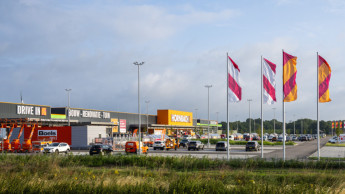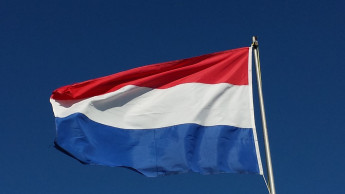The DIY market in the Netherlands is still set on an expansionary course. The market is still growing, even though it is true that percentage growth remained below average last year. There is a simple explanation for this: When the economic situation is good, consumers dedicate themselves to DIY projects so that they can save money for an extra holiday or some other special treat. When it is bad, they save by doing-it-themselves. Which is why the DIY industry remains healthy.
It emerges from the data for 2002 that the number of stores is now stagnant. Obviously our country is a small one, and you can find a DIY store or shop in your immediate neighbourhood that covers local needs well. People do not have to drive any distance to purchase the products they require. Already two foreign chains have been brought up short by this fact.
The Dutch organisations are also aware of it, for they are hardly expanding at all. A few of the existing stores are getting a facelift or an extension. But some are quite prepared to go across the border to ensure further growth. Praxis has acquired Brico, and Gamma and Bricorama have got together, so that Belgium has at present become the basis for the expansion of the big chains from the Netherlands.
Which is actually a logical step for those who are pursuing a strategy based on growth. But, on the other hand, it is leading to impoverishment in the international field. With the fading away of the borders, the foreign DIY landscape is also developing a universal complexion. This is true of other organisations that set up in business just anywhere as well. The larger the organisation, the more favourable its buying conditions, but the DIY world is becoming rather boring as a result.








